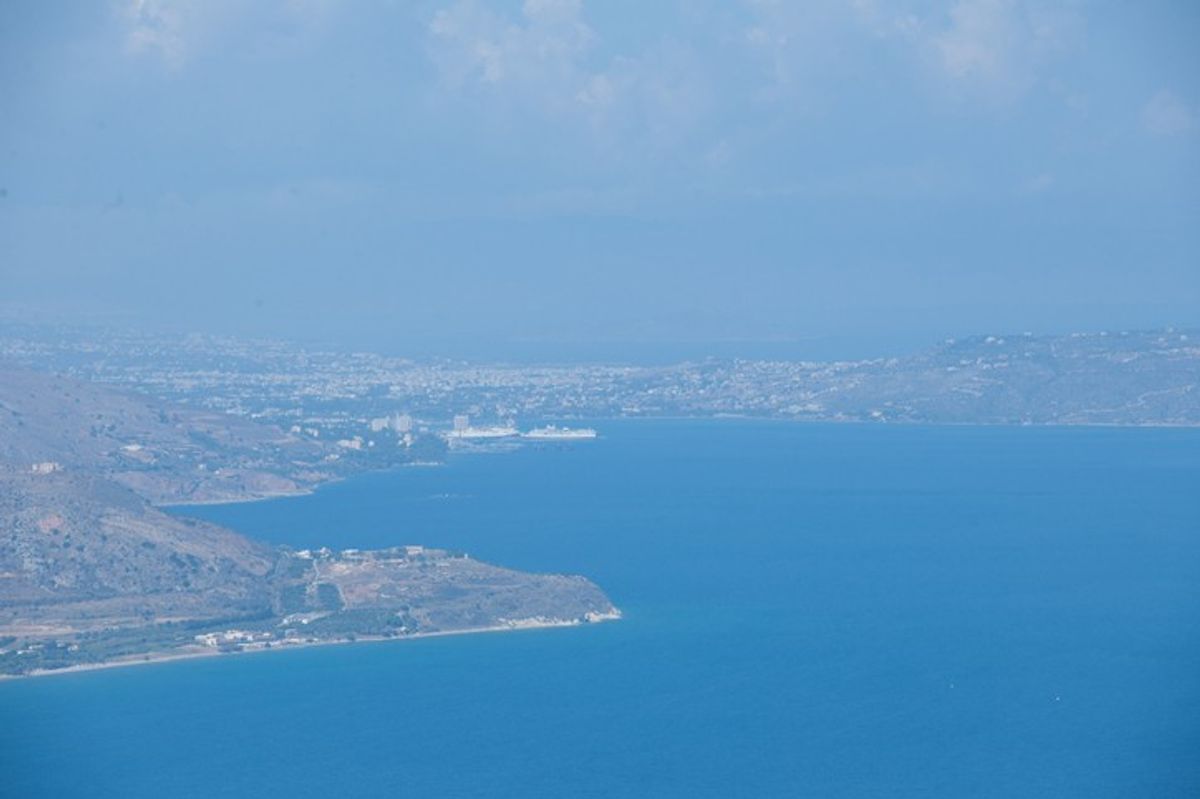The attempted military coup in Turkey over the weekend may have been unsuccessful, but it raises questions about the stability of democracy in Turkey and the future of crucial Turkish military support for the campaign against the Islamic State (ISIS).
The Cipher Brief had the opportunity to sit down with a former high-level government official to talk about what happened in Turkey and the implications of the coup attempt. The official was willing to discuss, but asked that we not print the individual's name due to safety concerns. We agreed to the request.
The Cipher Brief: What are the factors that precipitated the attempted coup in Turkey?
The Turkish military has multiple grievances, not the least of which is the scores of senior officers previously and preemptively jailed by Erdogan.
There is also almost certainly some disgust with Erdogan’s erratic policy toward ISIS. He left Turkey’s border with Syria open for far too long and Turkey is now reaping the resulting whirlwind.
His hot and cold approach to the Kurds could also have been an irritant. In fact, you could fairly say that he resumed war against the Kurds for electoral reasons.
And frankly, over the past several years Erdogan has been conducting his own slow motion coup against Turkish democracy. He has removed immunity from Kurdish members of parliament. He has shut down opposition newspapers, TV and radio stations. Turkey has been imprisoning more journalists than any other country on earth.
TCB: Why did the coup fail?
Despite the attempted coup, Erdogan has a strong base of support in Turkey because he has given a voice to the voiceless masses of Turkish religious conservatives who have never been comfortable with Ataturk's secularism. That's why when he called his supporters to go to the streets, they did. That's also why mosques largely supported his request.
To put it mildly, the coup was ill advised. To put it coldly, unless you're willing to kill thousands - something hard to do with streaming video - you need some residual support before you begin.
And who would those supporters be? Certainly not the 40% or so of the population who support Erdogan. Certainly not the Kurds, with whom the military has been at war for decades. And it is very hard to imagine the Turkish democrats believing that a military takeover was a good idea.
That doesn't leave many people.
TCB: How will the United States react? What implications will it have for the battle against ISIS?
From an American perspective, the worst possible outcome is that unrest lingers and there is no quick or clear winner. If I had to bet, though, I suspect that Erdogan will win this round, and he will use it to crush his opponents and accelerate his march toward autocracy.
And even with the best of outcomes, Turkey will be an even more distracted partner in the fight against ISIS.
TCB: So what is next for Turkey?
Erdogan is going to use this event to take the country where he wanted to go in the first place. He will further eviscerate, if not disembowel, the Turkish military. He is trying to pressure the United States over the Turkish cleric, Fethullah Gulen, based in Pennsylvania and use Incirlik Air Base as a point of leverage. He has already criminalized Kurdish political speech by removing parliamentary immunity.
And now, he will push to enact his proposed constitutional change that would make him an all-powerful President in Turkey.
Once started, (and again, a very bad idea) the coup failing was almost as bad as the coup succeeding.











